Waking Up a Health Consumer in the COVID-19 Era
Health Populi
MARCH 12, 2020
The high-deductible health plan design in fact prevents many people from seeking preventive care or testing: uninsured patients could pay at least $500 for a test, and a 10-day hospital stay can tally $75,000 according to Gerard Anderson , professor of public health at Johns Hopkins.

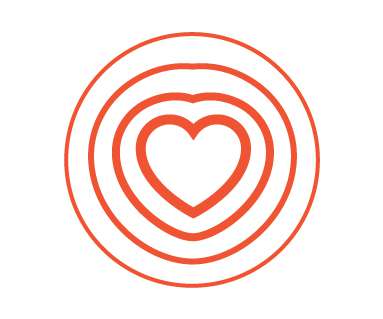
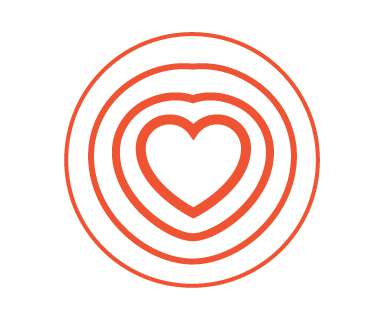
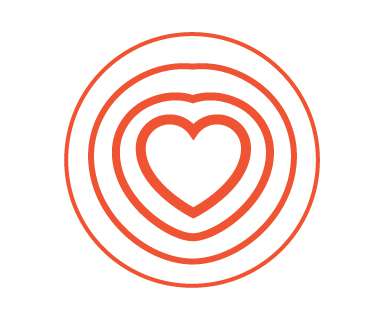
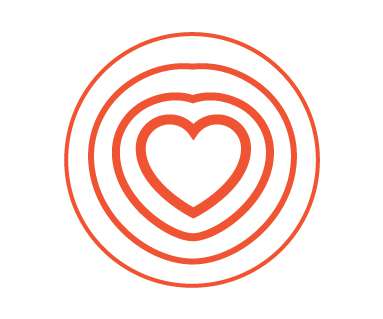
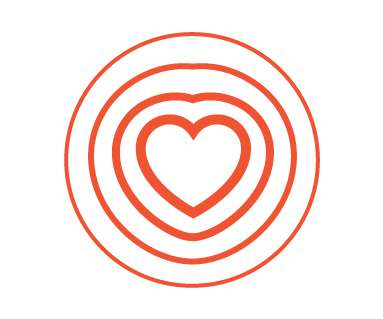


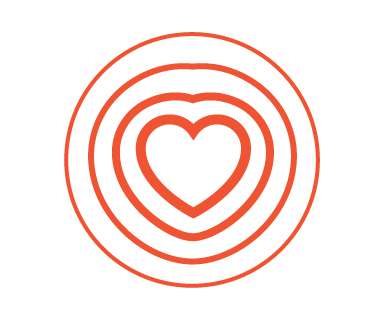







Let's personalize your content